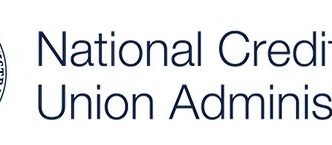FinCEN is proposing amending both the “Recording” and the “Travel” rule that apply to funds transfers. The regulators are proposing to reduce the threshold for recordkeeping of international (whether coming to or from the United States) funds transfers from $3000 to $250. The regulators’ justification for this proposal is that SARs filed by money transmitters indicate many “potentially illicit” funds transfers are occurring below the $3000 threshold.
The regulators believe that these changes will not have a material impact on cost or inconvenience to financial intermediaries indicating that many institutions already collect the data and that the cost of technology, including relying on vendors, has decreased. The rule will also create new requirements for digital currency or “Convertible Virtual Currency.” You can read this proposed rule here.
LSCU will be commenting on this proposal so, in light of the regulators’ proposal to adjust the recordkeeping threshold from $3000 to $250, we’d like your credit union’s input on how it will impact you. Here are some questions we’d like you to consider:
- If your credit union transmits funds abroad (or accepts them) for members, do you anticipate an increase in cost to comply with this change?
- Would there be any distinction in the burden between thresholds of $0, $500, $1000?
- Do you anticipate an increased burden if these threshold changes were to apply to all transactions, including domestic ones?
- Do you anticipate a reduced burden of this proposed rule if FinCEN published guidance on identity verification, including acceptable online verification and appropriate documentation?
- Would the burden of this regulation be reduced if there were a “reason to know” standard for when an institution would be required to collect the recordkeeping data? Would this mean that an institution’s obligation to comply with this regulation would be triggered only when an institution has “reason to know” the funds transfer would originate or terminate abroad?
- If this proposed adjustment occurs, do you anticipate limiting or eliminating offering members transmittals abroad? How would this impact members’ receipt of funds from abroad?
Any data on your credit union’s practices or potential mitigating costs would be very useful in our response to the regulations. Please submit answers on this topic to Mike Lee. Please let him know if you have any questions or other thoughts on this issue.






